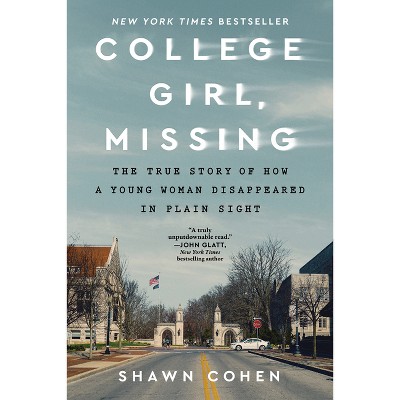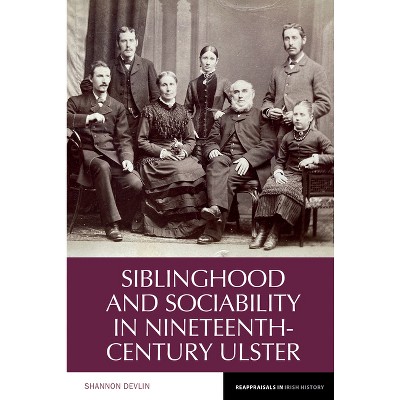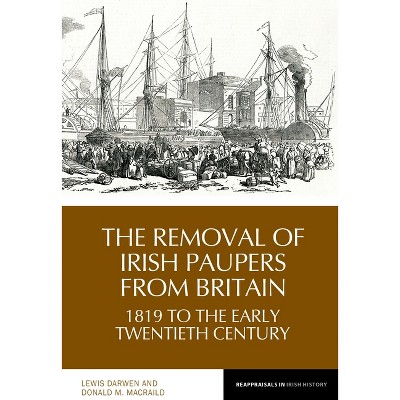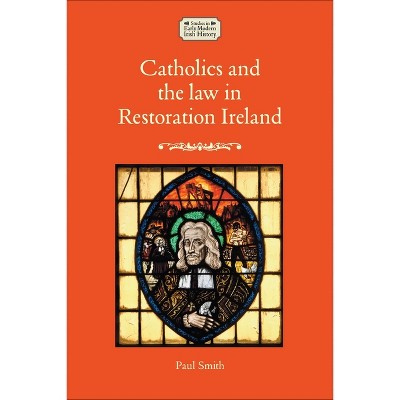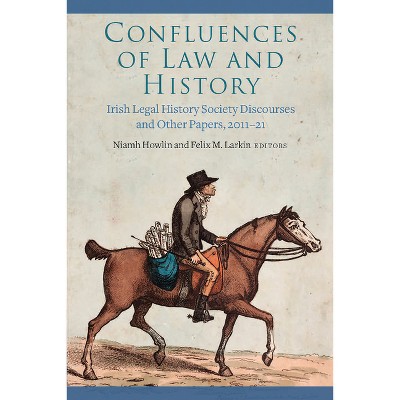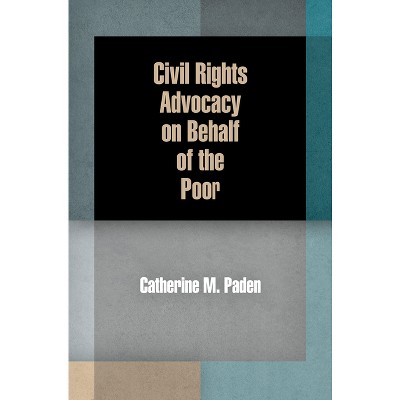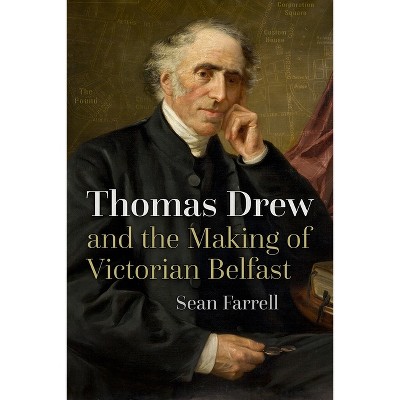Poverty, Children and the Poor Law in Industrial Belfast, 1880-1918 - (Reappraisals in Irish History) by Olwen Purdue (Paperback)

About this item
Highlights
- The late nineteenth-century city acted as a magnet for the poor of rural Ireland, attracting them with the promise of employment and economic independence.
- About the Author: Olwen Purdue is Professor of Irish Social History at Queen's University Belfast.
- 320 Pages
- History, Europe
- Series Name: Reappraisals in Irish History
Description
About the Book
This book examines the children of the Irish poor law in late nineteenth- and early twentieth-century Belfast, an economically powerful yet deeply divided city, self-consciously British but geographically Irish. Through a close examination of the spaces of engagement between welfare authorities and the city's poorest families, it explores the increasing intervention of the State in family welfare and the care of the child.Book Synopsis
The late nineteenth-century city acted as a magnet for the poor of rural Ireland, attracting them with the promise of employment and economic independence. For many, however, urban life meant economic precarity, marginalisation and destitution, with the workhouse as an all-too-present reality. Young families were particularly vulnerable, with the result that thousands of children found themselves confined within the workhouse walls.
This book explores the changing role of the Irish poor law in child welfare in the late nineteenth- and early twentieth-century city. Taking as its focus Belfast, a burgeoning industrial and port city at the heart of a global trade network and a city deeply divided along political and confessional lines, it examines the ways in which that city's poorest children and their families engaged with the poor law and used the workhouse as part of their economy of makeshifts. It examines the various spaces of the poor law - whether the workhouse, the foster home, or the far reaches of empire - as sites of encounter and engagement between welfare authorities and the city's poorest families, and explores the development of child welfare practice at a time of increasing state encroachment into the daily lives of poor children.Review Quotes
'This is how to write a really excellent book. Across nine substantive chapters and an associated Introduction/ Conclusion we garner a remarkably intimate and evocative picture of how children experienced poverty and navigated, or were navigated through, the poor law in Belfast. In terms of wider context, the book fills multiple gaps in our understanding: of this particular period of welfare history which has been significantly under-studied by welfare historians; of women activists and their role in both managing welfare and creating a maternalist welfare system; and of the histories of childhood. It is, as I say, a remarkable book.' Steven King, Family & Community History
'This outstanding, well illustrated book allows us to better understand how poor children and their families interacted with the poor law system. Above all, it makes visible young lives that have hitherto been hidden.' Dick Hunter, Due North
About the Author
Olwen Purdue is Professor of Irish Social History at Queen's University Belfast. Georgina Laragy is Glasnevin Trust Assistant Professor in Public History and Cultural Heritage at Trinity College Dublin.




